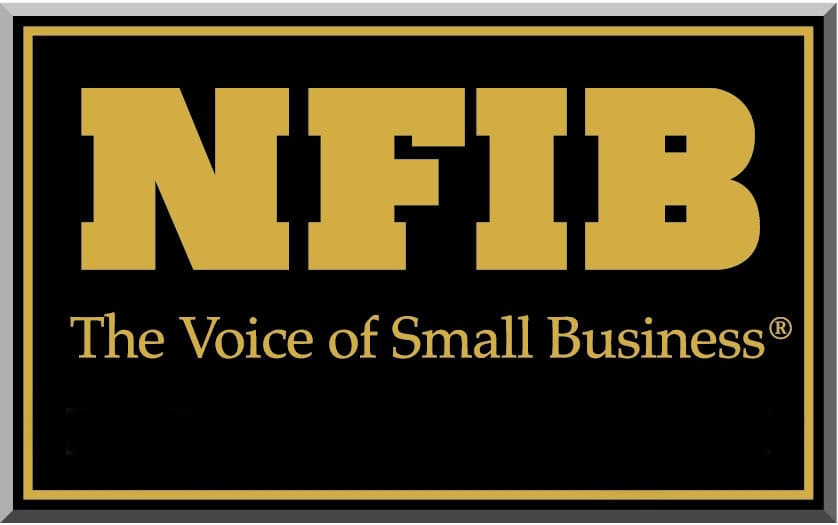LANSING – The Michigan Early Stage Venture Investment Corporation would not be able to enter into any new agreement, and current venture funds would expire in 2030 rather than 2054 under bills reported by the House Commerce and Trade Committee on Tuesday.
HB 4195 , HB 4196 and HB 4365 cleared the committee 17-2, with Rep. Leslie Love (D-Detroit) and Rep. LaTanya Garrett (D-Detroit) voting no.
The corporation was created in 2003. The state was to issue tax vouchers to lending institutions to serve as collateral against the capital provided by lending institutions to the corporation, with the idea that the fund would then invest in Michigan startup companies.
However, supporters of the legislation say there is no way to track what was done with the money or how many jobs it may have created in the state. Supporters have also said venture capital is risky on its own, and should not be invested in with state money.
But Jim Adox, Chairman of the Michigan Venture Capital Association, and Managing Director of Venture Investors LLC, said phasing out the Venture Michigan Fund would have a tremendous negative impact on the state?s efforts to make Michigan more entrepreneur friendly.
“In 2003, and again in 2006, the State of Michigan endorsed and financed venture capital in Michigan with bipartisan support and the formation of the first fund of funds – The Early Stage Venture Investment Corporation,? Adox said. ?The financing of the VMF programs was done by the State to fit within the State’s budgetary constraints of 2003-2006. Today, 12 years later, the current bills are modifying the State’s financing of the VMF programs to better fit within today’s budget constraints.?
Adox added: ?It is important to note that the VMF programs themselves have been very successful in helping to catalyze, build, and importantly, diversify the Michigan economy. For example, in 2003 there was $80 Million dollars invested into 18 Michigan companies by venture capital firms. Last year alone, venture capital firms funded 40 startup companies in Michigan with more than $120 million dollars. Of those, 17 were new companies, which create new, high-paying jobs in Michigan. MEDC estimates that the number of these high-tech jobs grows by an average of 1100 jobs per year. Jobs created in venture-backed companies pay 50 percent more than the median salary in Michigan.?
Adox said the MVCA looks ?forward to working with the administration and legislators to build a better means for the State to maintain its commitment to entrepreneurism and diversifying Michigan’s economy using venture capital as the catalyst for funding startups.”
The first bill would prohibit the investment corporation from entering into any new agreements, though it would be allowed to modify existing ones as long as there no additional principal was borrowed from the investor and tax vouchers were not increased above a certain amount.
The bill also would allow the corporation to modify an existing agreement with an investor that the corporation had received a loan or line of credit from and could expend money to modify the agreement as long as the expenditures were no more than $500,000 without the consent of the state budget director and notification of the modification was reported to the State Budget Office and the chairpersons of the House and Senate Appropriations committees within 30 days of finalization of the modification.
The bill would also prohibit the corporation from creating a new Michigan Early Stage Venture Investment Fund; reduce the total amount of credit vouchers issued from $600 million to $450 million; require the corporation to post its annual reporting online and submit it to the Legislature, and add additional reporting requirements; and would direct the remaining property after dissolution of the funds to the General Fund.
The other two bills would move the expiration date for the fund from January 1, 2054, to 2030 and amend the Michigan Business Tax Act to decrease the tax vouchers to $450 million.
The bills are all tie-barred to each other and are scheduled to be advanced to Third Reading on Wednesday in the House.
Rep. Al Pscholka (R-Stevensville), sponsor of the main bill, said he is happy about the bills’ progress.
“I think we’ve come to a place where we can end the other $150 million and protect the state’s interests going all the way out to 2029,” he said. “We make sure we don’t expose the state to any bad liability that might be out there.”
This story was provided by Gongwer News Service. To subscribe, click on Gongwer.Com






